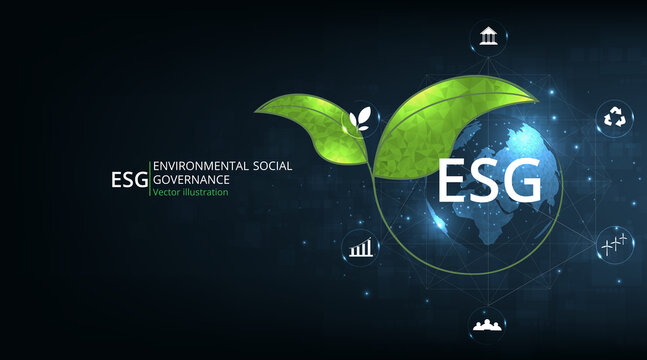In recent years, Environmental, Social, and Governance ESG factors have become increasingly central to investment decisions, reflecting a growing awareness of the interconnectedness between corporate behavior and societal and environmental outcomes. Amidst this trend, ESG rating agencies have emerged as key players, wielding significant influence over capital allocation and corporate behavior. Leveraging their power, these agencies have the potential to catalyze substantial social and environmental progress. ESG rating agencies assess companies based on a variety of criteria, including their carbon footprint, labor practices, diversity initiatives, and corporate governance structures. By evaluating companies through this lens, they provide investors with valuable insights into a company’s sustainability performance and societal impact. This information enables investors to allocate capital towards businesses that are not only financially viable but also aligned with their ethical and societal values. One of the most impactful ways in which ESG rating agencies can drive social and environmental progress is by incentivizing companies to improve their ESG performance. Companies are increasingly aware that their ESG ratings directly influence investor perception and access to capital.
As a result, many are proactively implementing sustainability initiatives and adopting more responsible business practices to enhance their ESG scores. This shift towards sustainability-driven strategies is not only beneficial for the environment and society but also enhances long-term shareholder value by mitigating risks and ensuring resilience in the face of global challenges such as climate change and social unrest. Furthermore, ESG rating agencies play a crucial role in promoting transparency and accountability within the corporate sector. By publicly disclosing ESG ratings and performance metrics, these agencies hold companies accountable for their actions and create pressure for improved transparency and disclosure standards. This increased transparency fosters greater trust between companies, investors, and stakeholders, facilitating more informed decision-making and fostering a culture of responsible business conduct. Moreover, ESG rating agencies have the potential to influence regulatory frameworks and industry standards by highlighting emerging ESG trends and best practices.

By aligning industry practices with global sustainability objectives, esg重要性 can contribute to the transition towards a more sustainable and equitable economy. However, despite their potential to drive social and environmental progress, ESG rating agencies face several challenges and limitations. One of the most pressing concerns is the lack of standardization and consistency in ESG metrics and methodologies. The absence of universally accepted standards makes it difficult for investors to compare ESG ratings across companies and sectors accurately. To address this challenge, there is a need for greater collaboration and harmonization among ESG rating agencies, regulators, and industry stakeholders to develop standardized ESG reporting frameworks and methodologies. ESG rating agencies have the potential to serve as powerful drivers of social and environmental progress by incentivizing companies to improve their sustainability performance, promoting transparency and accountability, and influencing regulatory frameworks and industry standards. However, to unlock their full potential, it is essential to address the challenges of standardization and consistency in ESG metrics and methodologies. By leveraging their influence and fostering collaboration, ESG rating agencies can play a transformative role in shaping a more sustainable and equitable future for all.